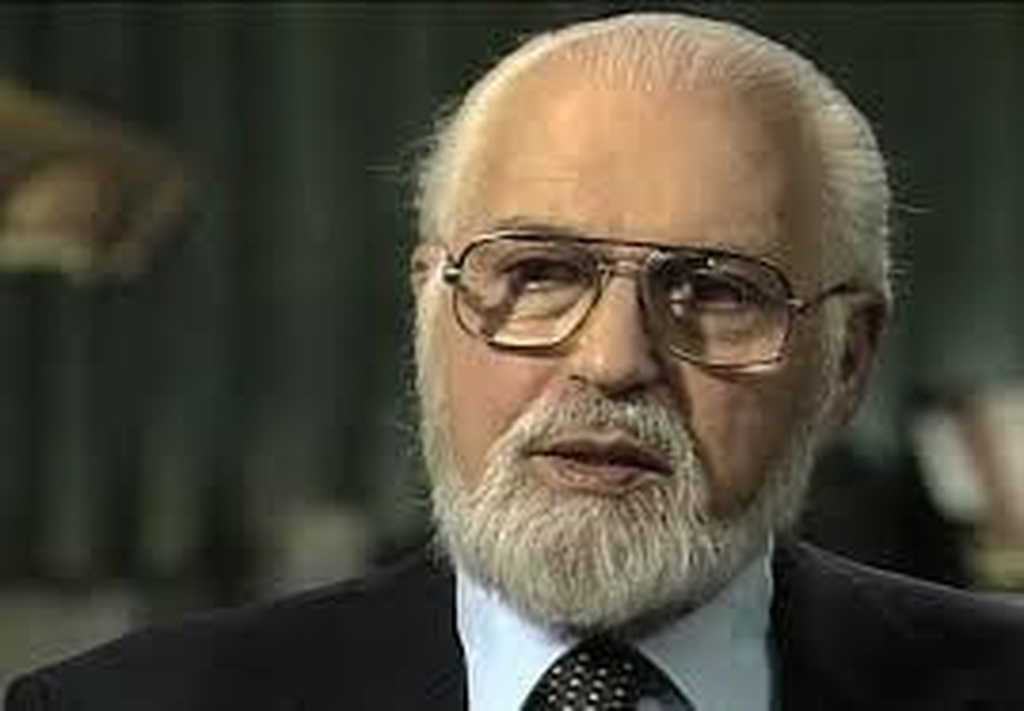
Charity
The Christian faith once meant that a believer responded to a dark world by actively working to bring God's grace and mercy to others, both by word and by deed. However, a modern, self-centered church has isolated the faith to a pietism that relinquishes charitable responsibility to the state. The end result has been the empowering of a humanistic world order.

- R. J. Rushdoony
Adapted from In His Service: The Christian Calling to Charity
The Christian faith once meant that a believer responded to a dark world by actively working to bring God's grace and mercy to others, both by word and by deed. However, a modern, self-centered church has isolated the faith to a pietism that relinquishes charitable responsibility to the state. The end result has been the empowering of a humanistic world order.
In addition, God's great and redeeming power is virtually limited to saving souls from eternal destruction. In Biblical terms, the priority is God's Kingdom first, and all our acts of mercy and benevolence must be in terms of that grand mission. We are God's servants-we dare not expect God to serve our needs ahead of His Kingdom.
It is now difficult for the church to recover the Biblical meaning of words like charity and compassion because post-World War II liberalism has redefined them politically into state welfarism. This redefinition has made charity a political tool to retain social order and made the state the primary agency of compassion. Charity is no longer personal.
But Biblical compassion flows from our having first received the grace of God and then manifesting it to others. Therefore, Biblical charity-which is compassion in action-is personal: it begins with God's mercy towards us, and then the people of God give expression to that at an individual level. It is in His service that we understand our calling to charity.
The Christian calling to charity has implications for Godly dominion. In an age when Christian action is viewed in political terms, a return to Christian works of compassion and Godly service will help usher in a return of the reign of God as no piece of legislation ever could.
A restoration of the Biblical diaconate ("deacon") ministry is needed in our time. The Biblical model of a decentralized order of government requires financial support for charitable expression through Christian organizations that minister in God's Name.
However, Christian agencies are treated with hostility unless they become recipients of state funds and limit their status by stressing humanistic concerns rather than the Gospel-any other concern represents a threat to statist rule. The problem is that Christian charity creates personal ties while impersonal welfarism does not.
Because state welfarism is impersonal, it creates class hatred. Productive citizens resent being taxed by compulsion while recipients resent their perpetual condition. Christian charity is personal-it creates bonds and leads to changed lives.
During Calvin's time, charity was made inseparable from worship, and Geneva cared for the poor through a cooperative effort of church and state. Full-time deacons-under the church's jurisdiction-administered the charity to the needy. This was because Calvin believed that charity had to be an aspect of the life of faith and dependent on "the voluntary spirit."
Rushdoony's objective was to help reestablish Christian theocracy through voluntary charity that flows from a heart redeemed by God's grace and compassion.

- R. J. Rushdoony
Rev. R.J. Rushdoony (1916–2001), was a leading theologian, church/state expert, and author of numerous works on the application of Biblical law to society. He started the Chalcedon Foundation in 1965. His Institutes of Biblical Law (1973) began the contemporary theonomy movement which posits the validity of Biblical law as God’s standard of obedience for all. He therefore saw God’s law as the basis of the modern Christian response to the cultural decline, one he attributed to the church’s false view of God’s law being opposed to His grace. This broad Christian response he described as “Christian Reconstruction.” He is credited with igniting the modern Christian school and homeschooling movements in the mid to late 20th century. He also traveled extensively lecturing and serving as an expert witness in numerous court cases regarding religious liberty. Many ministry and educational efforts that continue today, took their philosophical and Biblical roots from his lectures and books.